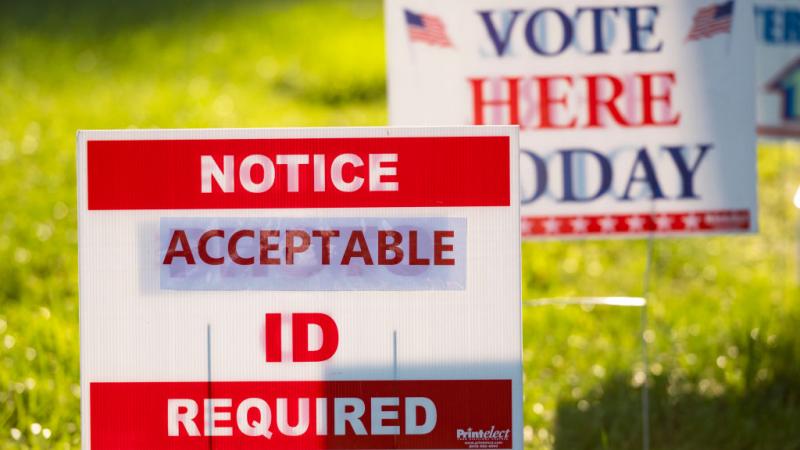Trump now under pressure to return Americans to work, as he tries to balance health crisis
As companies begin to shutter permanently and Americans lose their jobs, the president grapples with the impact of a lengthy shutdown of U.S. economy
After days of decisive actions to help protect and save Americans from the coronavirus, President Trump is facing pressure across the political spectrum to get people back to work and reopen businesses.
Just last night, the president tweeted on the issue, perhaps feeling his own pressure to correct the plummeting financial markets, stave off double-digit unemployment, and keep the U.S. from going into a recession.
The country “can’t let the cure be worse than the outbreak,” he wrote.
To be sure, states limiting public gatherings and closing restaurants – along with the intra-continental travel ban – has resulted in a wave of bad economic news.
According to a new report from The Wall Street Journal, private-sector economists are projecting the crisis will claim 5 million jobs, and $1.5 trillion in lost economic output.
In addition, Wall Street analysts and executives say global markets will remain in a state of free-fall until it is understood, at least approximately, when the U.S. and Europe will re-open for business.
On Sunday, former Trump chief economic adviser Gary Cohn tweeted: “Businesses need clarity. Otherwise they will assume the worst and make decisions to survive."
On Monday, Democratic Gov. Andrew Cuomo seemed to grasp Trump's – and his own – dilemma, of shutting down commerce to save lives.
"It’s unsustainable to run this state or run this country with the economy closed down," Cuomo said in his daily presser. "You have to get the economy up and running.”
He also mused aloud: “Could there be a more intelligent public health strategy that is more productive or less destructive for the economy?"
According to Bloomberg, last week the president began private conversations about how to get the American economy back up and running.
Meanwhile, Congress is hustling to pass an economic support package - though Democrats have now blocked that vote twice - that will likely double the federal budget deficit, aiming to aid and stimulate the American economy.
Even thinking exclusively in terms of public health, economic depressions – let alone Great Depressions – have casualties.
“Mortality rates rise after periods of unemployment and income loss … Even if health if your only concern and financial costs are not considered, adopting prevention efforts that limit the adverse effects on income is important,” W. Kip Viscusi, a professor of economics and law at Vanderbilt University told the WSJ.
The New York Times’ Thomas Friedman is advocating for a plan to get Americans back to work in the coming weeks, not months.
In a recent column, Friedman quotes Stanford epidemiologist Dr. John P.A. Ioannidis, who compared the global economic shutdown over coronavirus to an elephant accidentally falling off a cliff and dying while trying to avoid the attack of a cat. In other words, we may be looking at a supreme economic overreaction, the likes of which may be undoable.
“If the large-scale shuttering of businesses goes on for more than another week or so, many people’s lives will be ruined,” writes economist Gerald P. Dwyer for the American Institute for Economic Research.














